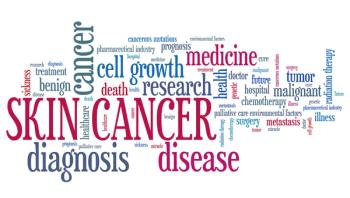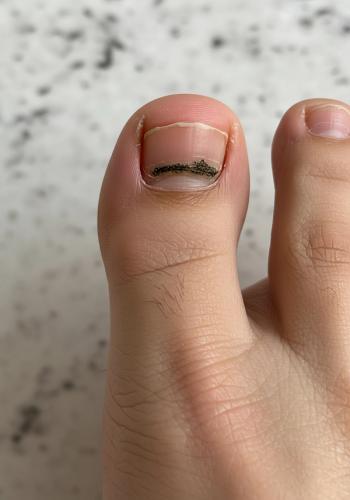
Checkpoint Inhibitor Shows High Success Rate in Advanced Skin Cancer
In a small study in a community oncology practice, more than 60% of patients with advanced squamous cell skin cancer treated with Libtayo achieved complete remission.
An immunotherapy produced complete remission in more than 60% of patients with advanced squamous cell skin cancer, according to a new study showing better outcomes than previously reported in clinical trials.
The
The study showed higher complete response rates than seen in Libtayo’s previous clinical trials, with most patients able to stop treatment without cancer recurrence after reaching remission, suggesting some patients don’t need continuous treatment once their cancer responds.
“We found a high response rate in patients with locally advanced cancers, as well as those with metastases or innumerable primary cancers,” the study authors wrote. “Many of these patients were able to achieve a complete remission.”
The researchers examined different patient groups, including those with locally advanced disease, those with metastatic cancer and patients with “too numerous to count” skin cancers. Patients with single advanced tumors or metastases showed the best outcomes, with 71% and 80% complete remission rates respectively, and most maintaining long-term remission.
The research also tested adding radiation therapy for patients who didn't initially respond to Libtayo. All five patients who received this combination achieved complete remission.
Patients with innumerable skin cancers had mixed results—while treatment reduced existing lesions, about 78% developed new cancers during follow-up.
Patients tolerated the treatment well, with no hospitalizations due to side effects. This result was surprising, since in earlier clinical trials for Libtayo, nearly a quarter of patients had to discontinue treatment due to side effects.
safety profile stands in contrast to earlier clinical trials where adverse reactions forced up to 24% of patients to discontinue therapy.
Unlike some clinical trials where treatment-related side effects required stopping therapy in up to 24% of patients, no patients in this study needed hospitalization for treatment toxicity.
Cutaneous squamous cell carcinoma is the second most common skin cancer in the United States, with an estimated one million new cases annually. While most cases can be treated with surgery or radiation, approximately 3% to 7% develop into more serious disease.
The FDA first
For the full year 2024, Libtayo’s global net sales increased 40% to $1.22 billion compared with 2023, according to Regeneron’s
Regeneron also recently
Treatment discontinuations due to adverse reactions occurred in 10% of the Libtayo arm and 1.5% of patients in the placebo arm. Two patients experienced an AE leading to death in each arm. The study continues to assess the secondary endpoint of overall survival.
Regeneron anticipates submitting a supplemental application for the adjuvant treatment indication in the first half of 2025.
Newsletter
Get the latest industry news, event updates, and more from Managed healthcare Executive.























